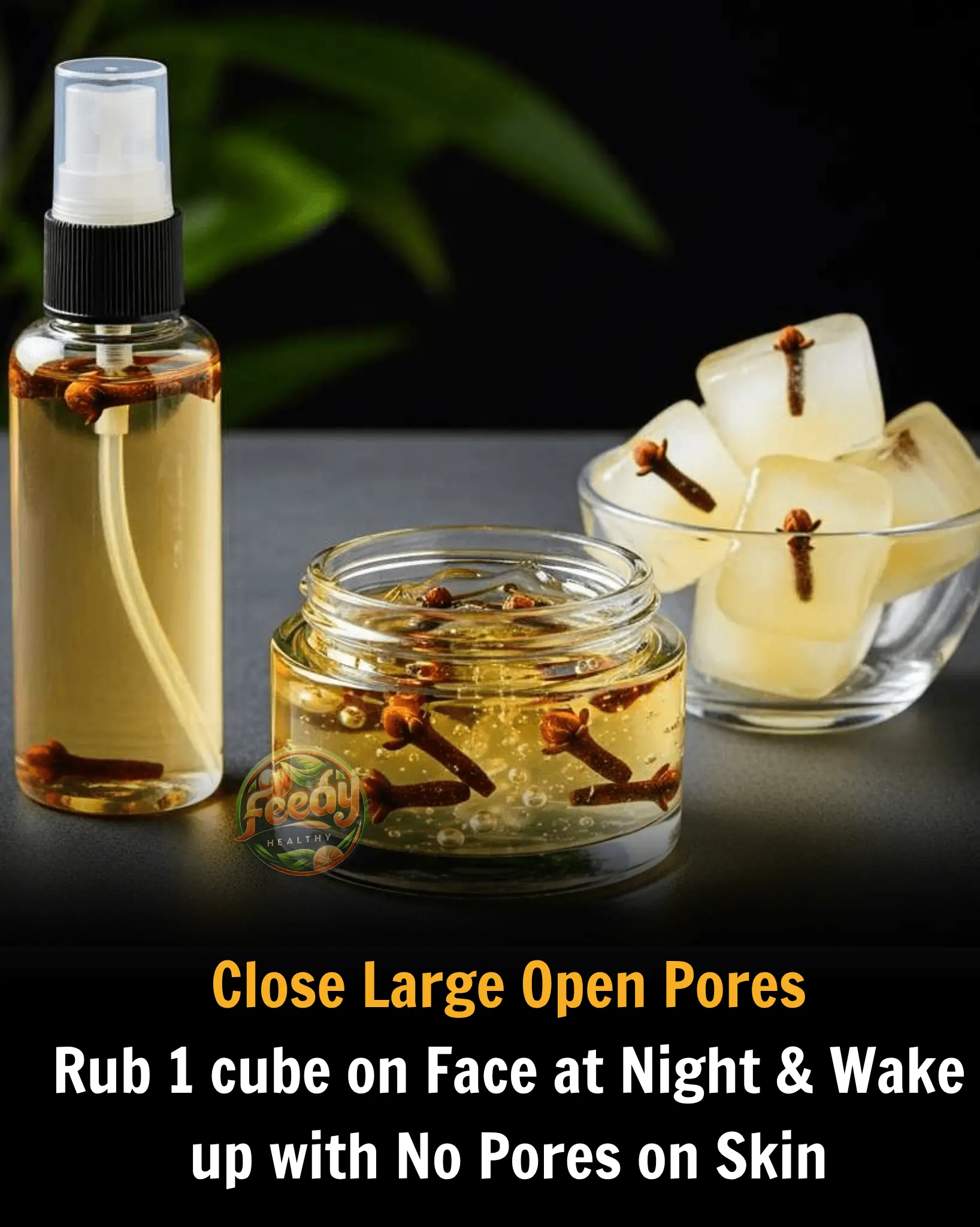
12 Warning Signs Your Blood Sugar Might Be Too Low
Every cell in your body needs energy to function properly, and glucose—commonly known as blood sugar—is the primary source. Glucose is essential for digestion, heart and brain function, healthy vision, and skin. While blood sugar levels naturally fluctuate throughout the day, when they drop below 70 mg/dL, you may experience hypoglycemia (low blood sugar). Here are 12 key signs of low blood sugar that you should watch out for:
1. Sudden Sweating

Have you ever started sweating unexpectedly, even though it wasn't hot? Sweating before lunch may be a sign of low blood sugar rather than the weather. According to Michigan Health, hypoglycemia can trigger excessive sweating, particularly in people with diabetes. However, it can happen to anyone due to a sudden spike in adrenaline when glucose levels drop. Night sweats are especially common in diabetic individuals with low nighttime blood sugar.
2. Irritability
We’ve all been there—waiting too long for a late dinner and suddenly feeling irritable. There’s science behind that "hangry" feeling. When your blood sugar drops, stress hormones like cortisol and adrenaline rise, leading to mood swings and irritability. It’s worth noting, however, that hunger doesn’t always mean your blood sugar is low—you might feel irritable even with stable glucose levels.
3. Intense Hunger

Glucose is the brain’s main fuel source. When blood sugar levels dip, your cells are starved for energy, making you feel hungry. It's important to choose foods that help stabilize blood sugar—like non-starchy vegetables, whole grains, and healthy fats. While sugary drinks or refined carbs can cause a quick spike, they don't provide lasting stability.
4. Nightmares
Low blood sugar at night doesn’t just cause sweating—it can also disrupt sleep and lead to nightmares. Diabetics often report frightening dreams severe enough to wake them up. Since nighttime symptoms are often misdiagnosed, persistent nightmares may be a sign to review your pre-bedtime meals and activity with your doctor.
5. Difficulty Concentrating

Feeling unfocused? It may be time for a snack. Low blood sugar reduces the brain’s supply of glucose, impairing concentration and your ability to complete simple tasks. This issue isn't exclusive to adults—children who skip meals also suffer reduced attention spans and learning performance.
6. Dizziness
If you feel lightheaded after skipping a snack, your blood sugar may have dropped. Low glucose can activate your sympathetic nervous system, releasing hormones that cause dizziness, fatigue, and hunger. Dehydration can worsen the effect, so staying hydrated is key. That said, dizziness can also stem from other causes, like inner ear problems, so consult a doctor if eating doesn’t help.
7. Shakiness

Feeling shaky is another classic symptom of hypoglycemia. It happens because your body releases adrenaline to urge you to eat. If you feel shaky after a meal, however, it could be postprandial syndrome (IPS), which mimics low blood sugar symptoms like dizziness and headache. IPS is generally harmless but recognizing it can help you manage symptoms better.
8. Blurred Vision
If your vision suddenly goes blurry, a drop in blood sugar might be to blame. Hypoglycemia—especially in diabetics—can cause visual disturbances like blurriness, black spots, or even double vision. However, high blood sugar can also affect vision by swelling the eye’s lens. Persistent vision changes should be evaluated by a doctor to rule out other causes.
9. Slurred Speech

Slurred or garbled speech can be a serious sign that your blood sugar has dropped below 40 mg/dL. This symptom, along with difficulty forming sentences, is a signal to eat immediately. Other moderate symptoms may include muscle twitching, unsteady walking, or mood swings. Because symptoms escalate gradually, early recognition can help prevent more severe outcomes.
10. Interrupted Sleep

Struggling to fall asleep? You’re not alone—about one-third of adults experience chronic insomnia. Frequent sleep disruptions could be a sign of nighttime hypoglycemia. Along with night sweats, you might wake up feeling fatigued or irritable. Maintaining a healthy sleep routine is essential for regulating blood sugar and lowering the risk of obesity and diabetes.
11. Seizures and Coma

While most cases of low blood sugar can be corrected quickly, severe hypoglycemia can lead to serious complications like seizures, fainting, or even brain damage. In diabetic patients, dangerously low glucose levels can result in a diabetic coma—though high blood sugar can also cause this. Early symptoms usually appear before a coma sets in, so it’s critical to act quickly by consuming glucose tablets or even a sugary beverage.
12. Rapid Heartbeat
According to Health Direct, a racing or pounding heart can be a warning sign of hypoglycemia. When blood sugar drops, your body releases adrenaline, triggering the “fight or flight” response. This leads to symptoms like heart palpitations, irregular heartbeats, and reduced blood flow to the heart. In rare cases, it can result in sudden cardiac arrest during sleep—especially in individuals with type 1 diabetes.
Bottom Line:
Recognizing the early warning signs of low blood sugar can help you take quick action and prevent serious health risks. If you frequently experience any of these symptoms, especially if you're not diabetic, consult your healthcare provider to explore possible causes and develop a management plan.
News in the same category


Discover the Incredible Benefits of Beets: Recipes and Natural Remedies for Your Health
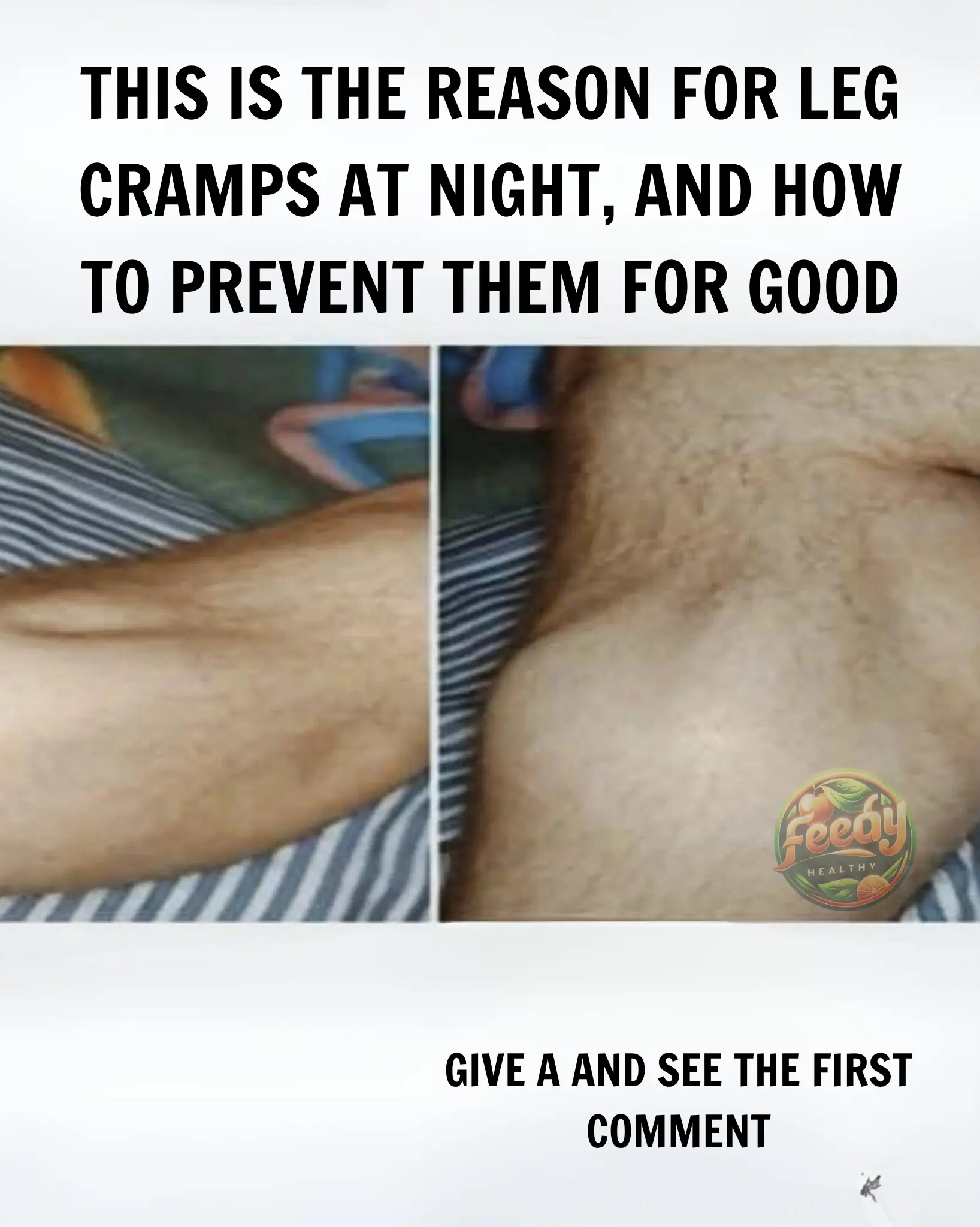
Nighttime Leg Cramps: Causes and Natural Solutions

Owls: Night Guardians and Their Connection to Your Home

Natural Remedies for Itching and Skin Rashes
Soursop: A Miraculous Fruit to Strengthen Your Cellular Health
5 Signs Your Heart May Be in Serious Danger

Mix these seeds in oil for long thick hair
Why Do Some People Feel Sad After Eating White Bread?

Discover the Powers of Moringa: Traditional Recipes and Health Benefits
Benefits of Clove Tea: How to Transform Your Health One Cup at a Time
Benefits of Radishes, Ginger, and Honey for Thyroid and Gallbladder Health
Why Do Couples Start Sleeping Separately After Age 50?
The Power of Dates: Benefits for Your Digestive Health

Natural Power Drink to Cleanse the Liver and Blood Vessels: Just 2 Ingredients!

Dietary Adjustments to Improve Erectile Dysfunction and Premature Ejaculation: 3 Often Overlooked Fruits

The Most Harmful Drink for Your Blood Vessels – You Might Be Drinking It Every Day Without Knowing!
Symptoms to Detect Breast Cancer: What You Need to Know
News Post

🌌💙 Celestial Midnight Bloom Cake

💜🌸 Lavender Ombre Layer Cake with Vanilla Buttercream & Macarons

🫐✨ Blueberry Bloom Cupcakes ✨🫐

Clove benefits for Skin – Clove Oil, Clove Gel & Clove ice cubes

Little boy hugs pizza delivery man goodbye: Shortly after, the boy’s mother makes a tragic discovery

Mom shocked by her baby after birth, her words now spread like forest fire!

Man Mocked For Being With 252 LB Woman
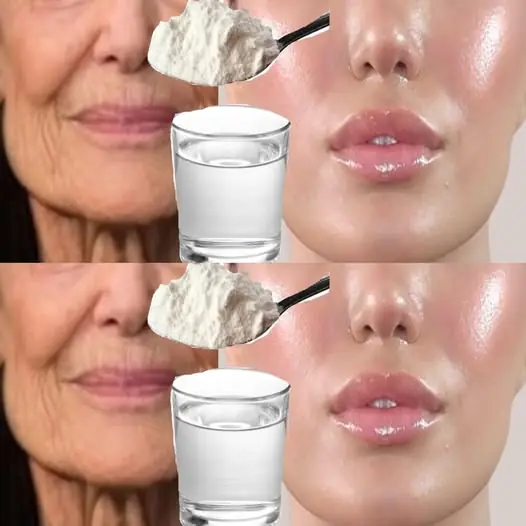
Natural Face Lift with Cornstarch: Say Goodbye to Wrinkles Naturally! 💆♀️

Flourless Pancakes: A Fluffy and Healthy Delight
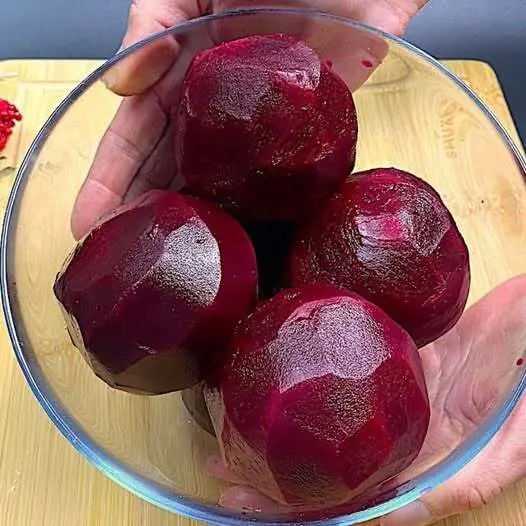
The Best Natural Collagen Boost – Do This Every Night and You’ll Be Amazed! 🌙💪 | Beetroot Collagen Recipe

Blueberry Water: A Refreshing Drink That Loves You Back

Refresh and Revitalize with Watermelon Juice and Ginger 🍉🫚

Delicious & Fresh Salad Recipe 🥗

Discover the Incredible Benefits of Beets: Recipes and Natural Remedies for Your Health

Nighttime Leg Cramps: Causes and Natural Solutions

Creamy Spinach and Mushroom Gnocchi (One-Pan, 20 Minutes)

Spicy Peach Margarita

Owls: Night Guardians and Their Connection to Your Home

☕🍫 Heart-Shaped Mocha Mousse Cake Recipe
